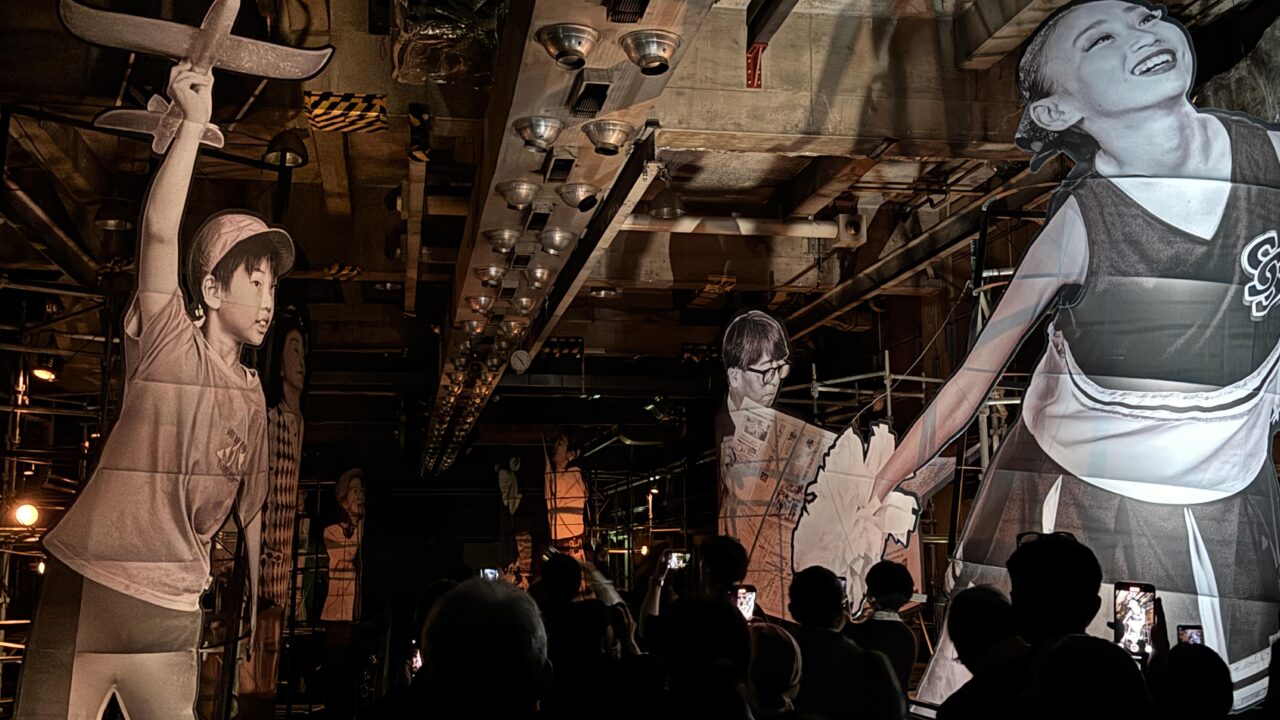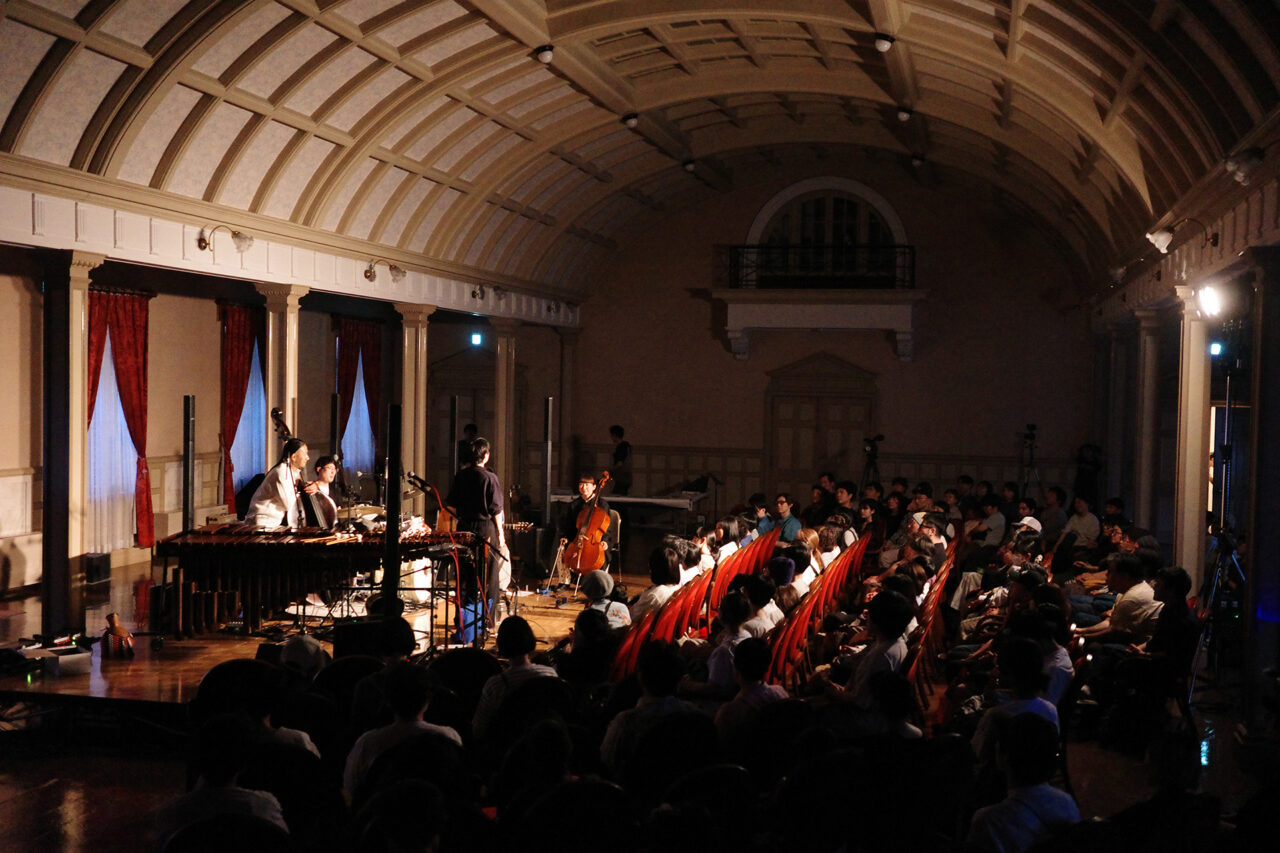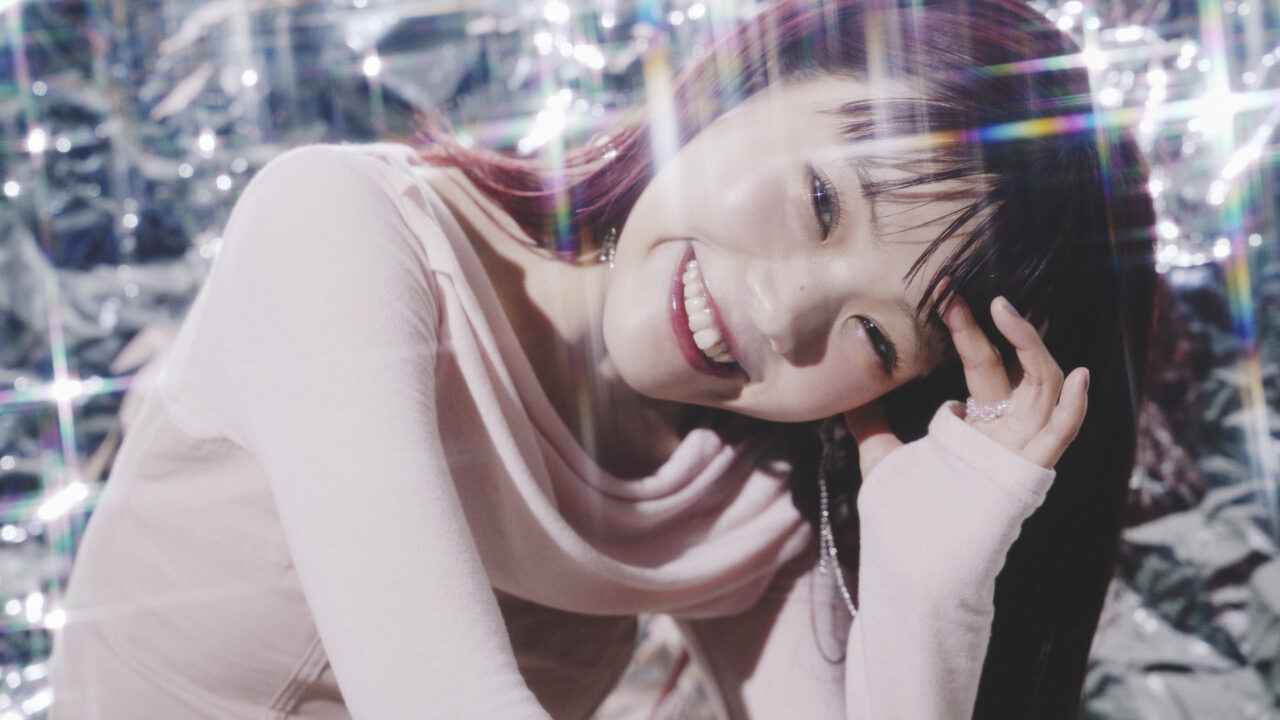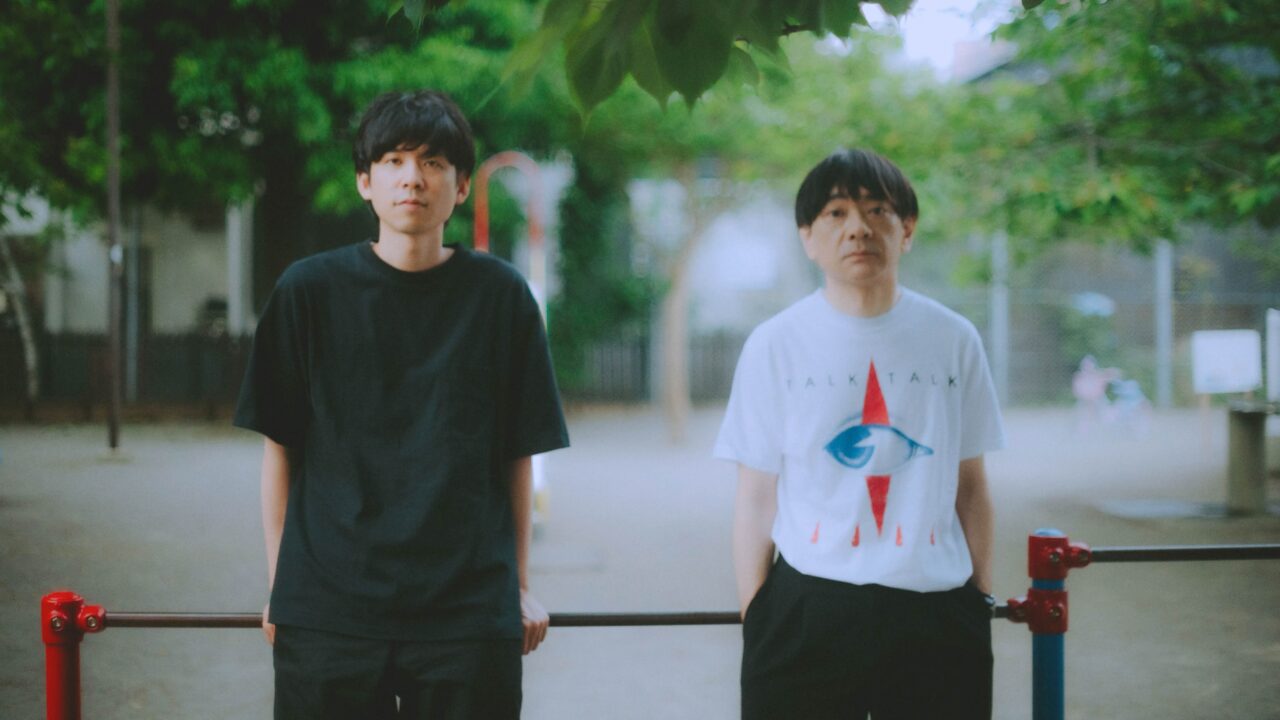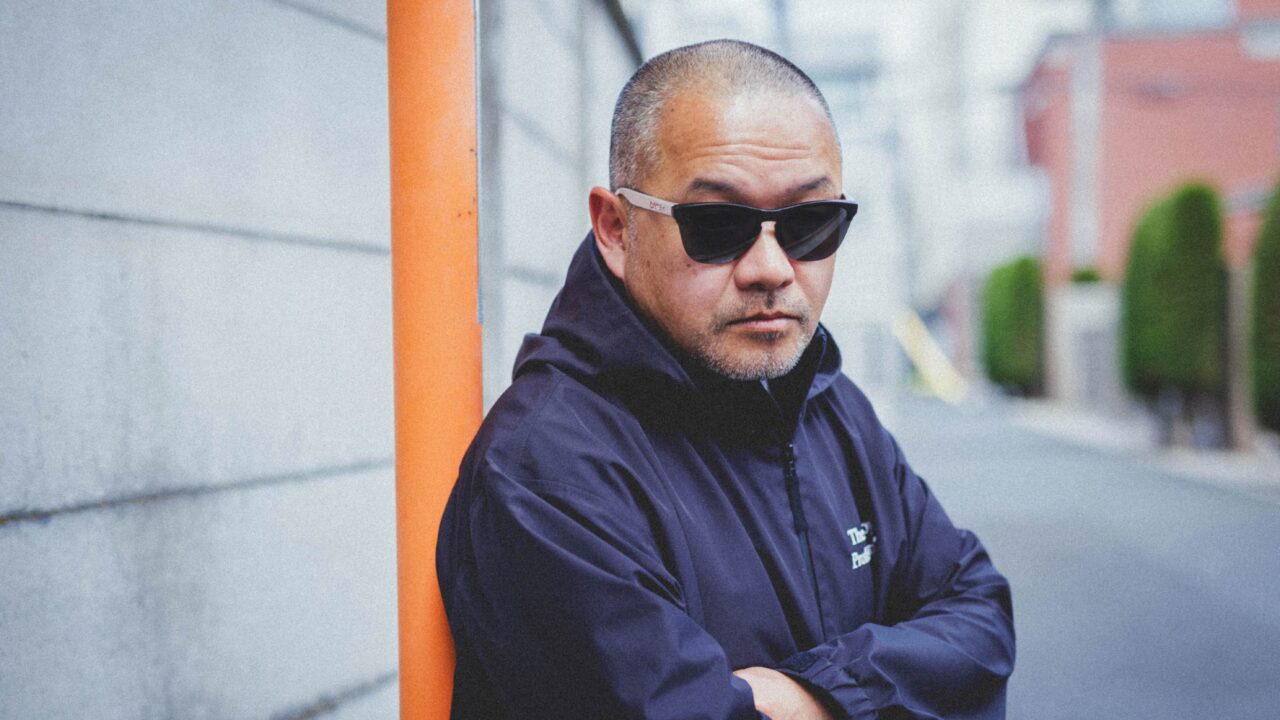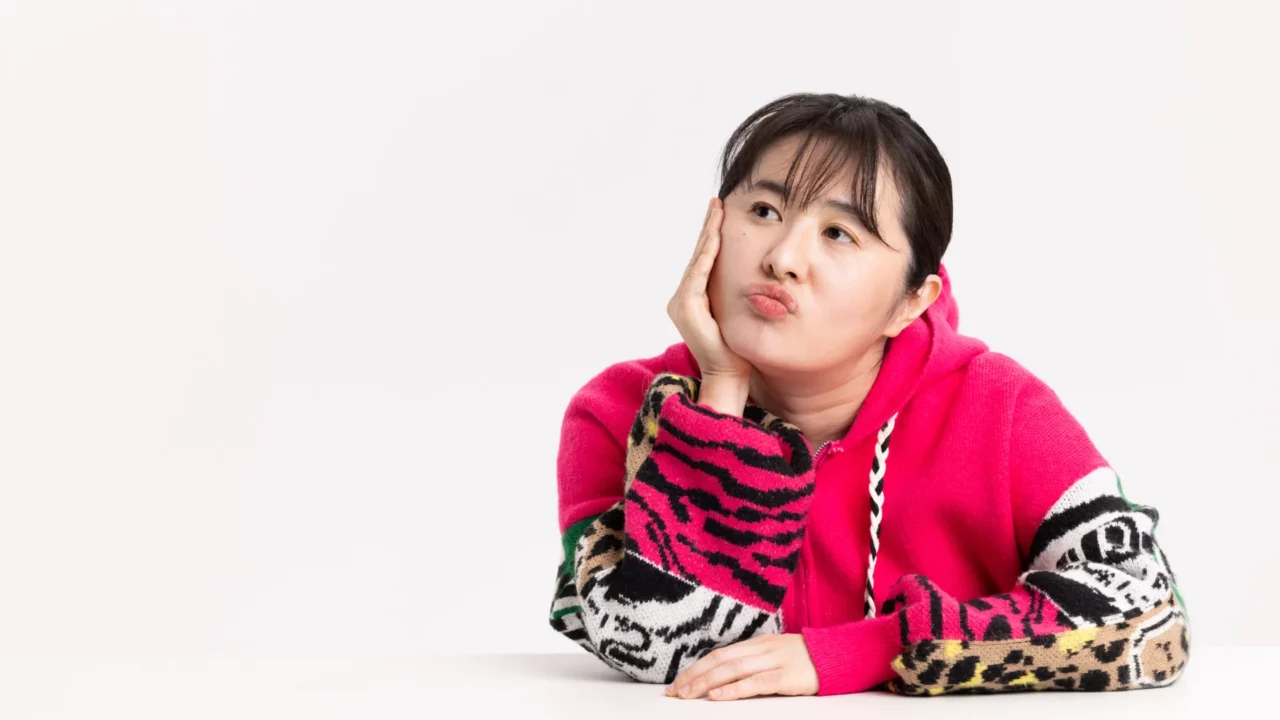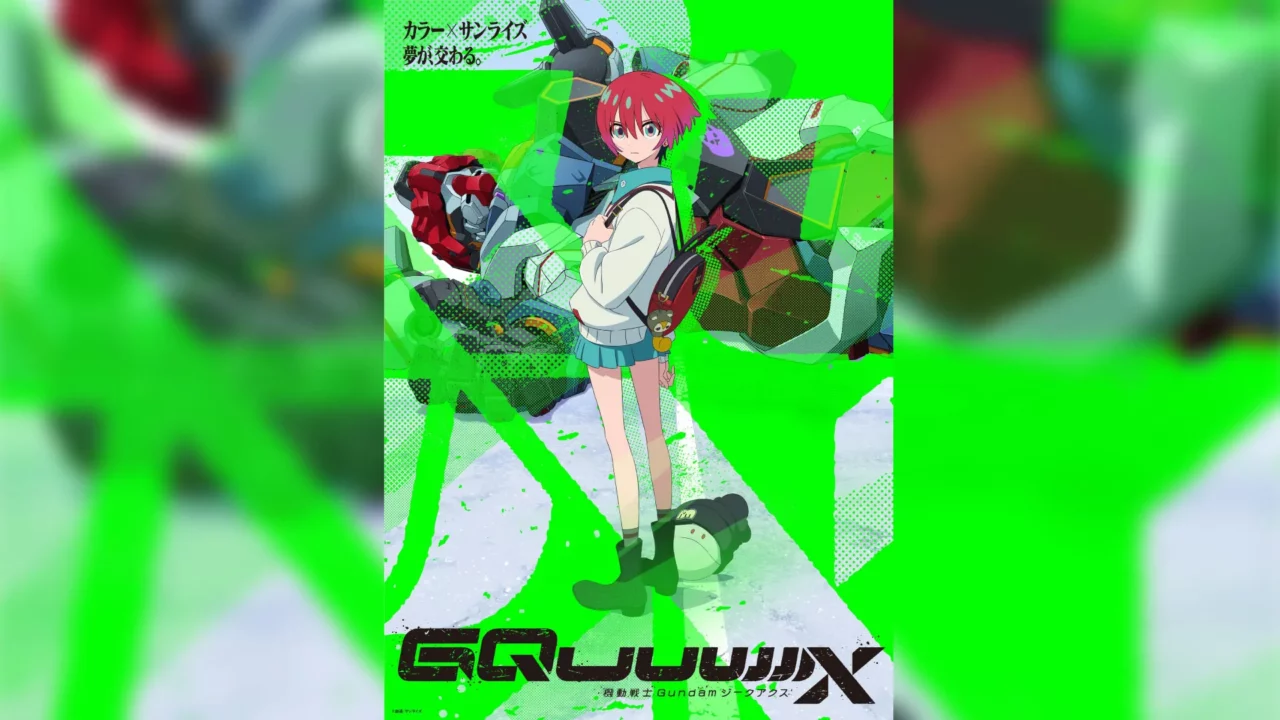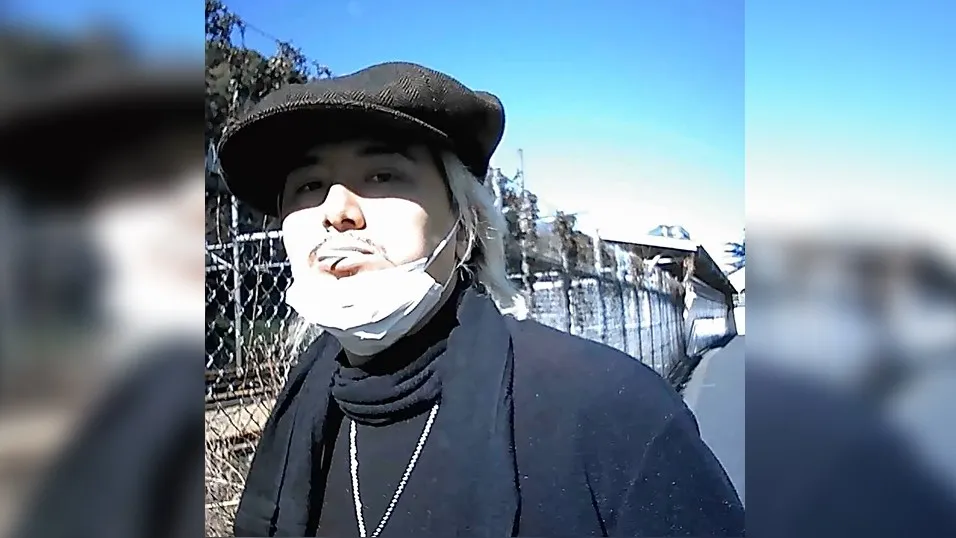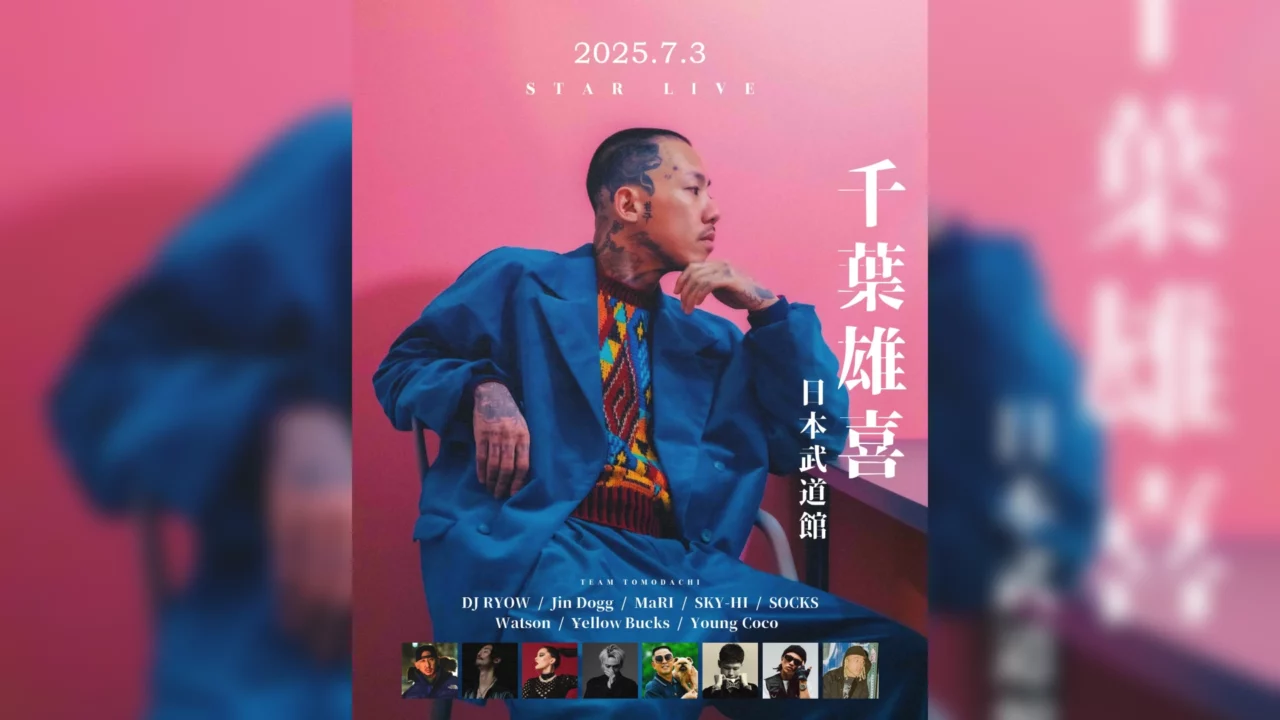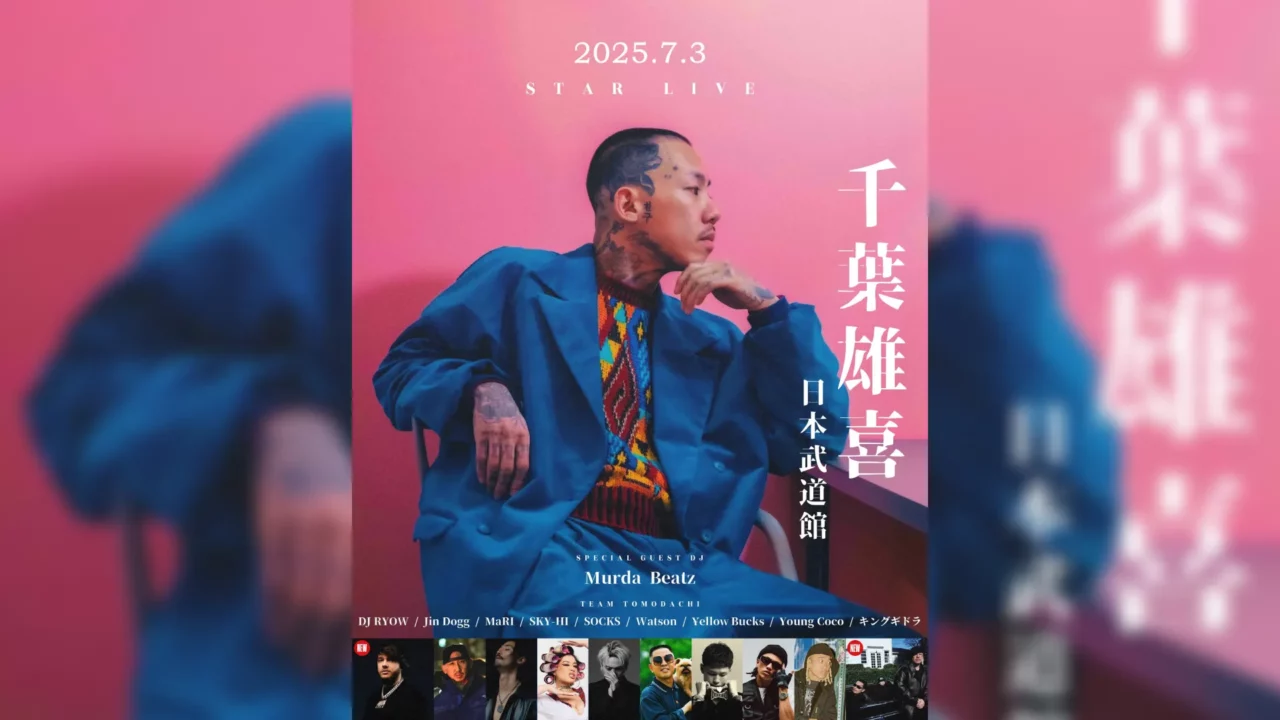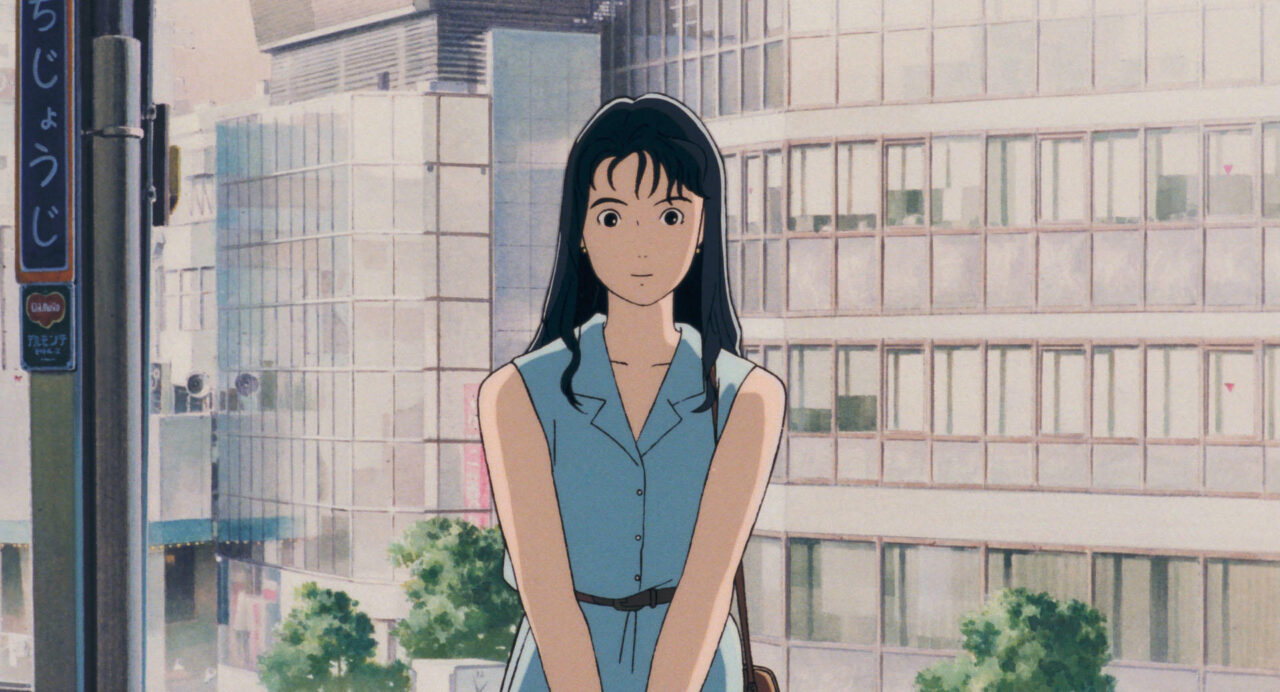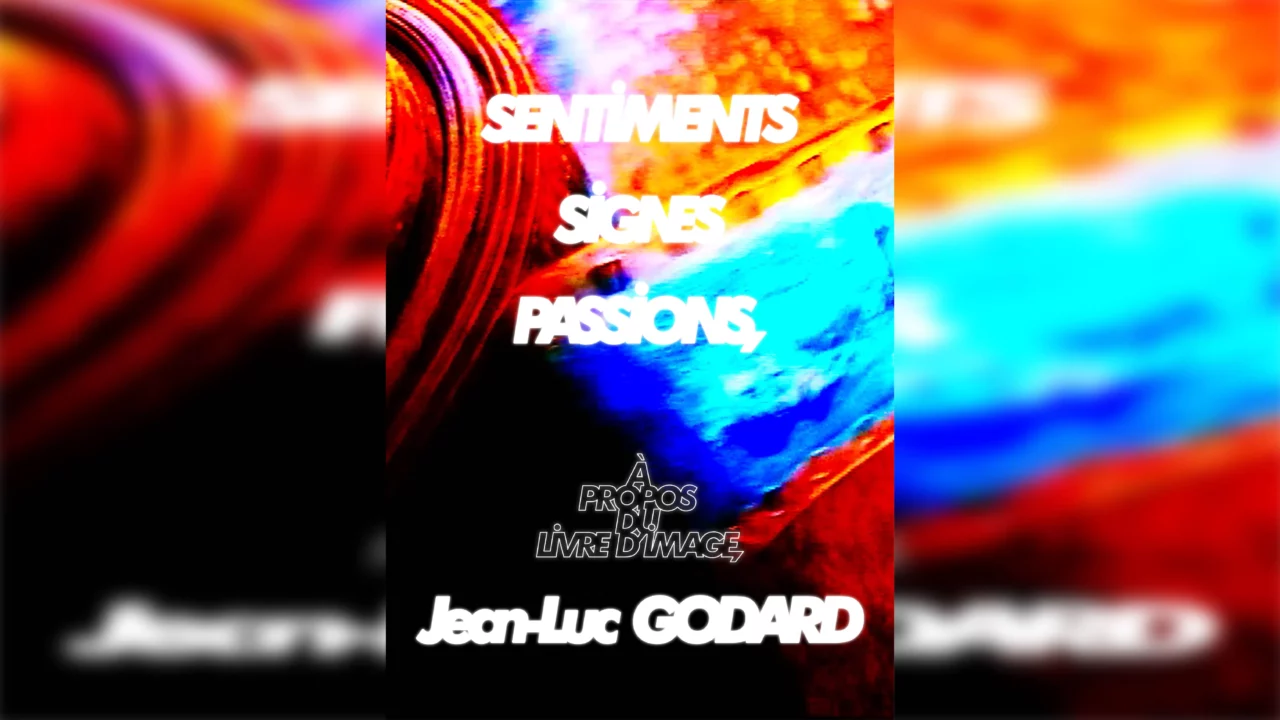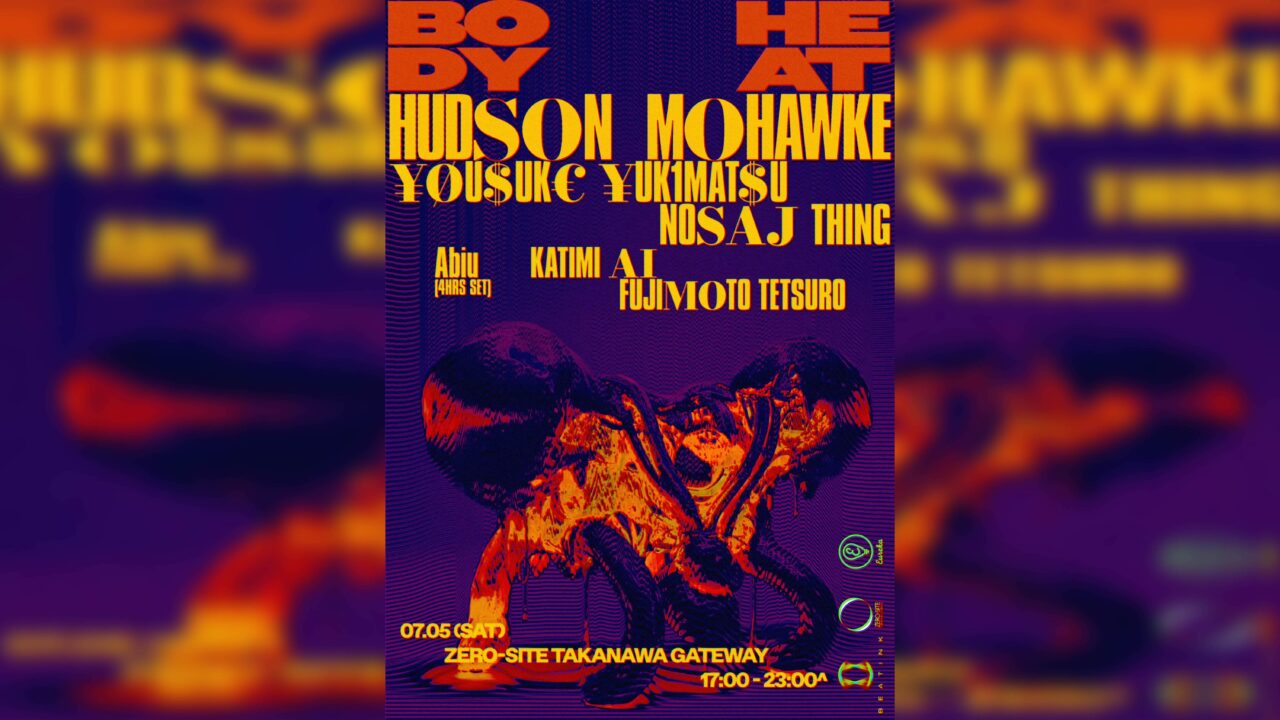A circle of friends connected by goof-touch! The “FIST BUMP” corner of the radio program “GRAND MARQUEE” features people who live and enjoy Tokyo in a relay format.
On June 19, writer Mr. Sohei Wakusaka will appear. Wakusaka, whose main field of writing is essays and reportage, and who is also involved in the comedy duo “Male Blanco” as creator and constructor of contrivances such as the comedy duo “Male Blanco”, we asked him about the story behind his book “Shusseikatsuki”, how to sell nondescript rocks, how to live on the shore, and more.
INDEX
The Identity of Anxiety I Realized by Eating Grass Thereabouts
Celeina (MC): Celeina was born in Tokyo in 1983, and is a writer whose main field of work is essays and reports. He is also involved as a producer and writer of comedy duo and male trapeze contrivances.
Takano (MC): The title of the book is bad. It’s all about your experiences. Is it basically a story about your experiences?
Wakusaka: Many of them are stories of my experiences. Experiments and adventures are my life’s work, and many of the books I write are based on them.
Takano: Did you also go to Disneyland by yourself and visit ……?
Wakusaka: It’s sort of a personal novel, but there was a time when I went to Disneyland alone all the time, and I wrote a novel about my depressive moratorium days.
Takano: I’ve also read “De De Seikatsu Ki,” and I’m trembling (laughs). Shocking, isn’t it?
Wakusaka: Certain people will really get into it (laughs).
Takano: Was the response to your book, which was released in October of 2022, strong?
Wakusaka: I have received feedback from many more people than I expected, and it seems to be spreading.
Takano: Wakusaka-san, I get the feeling that you are burning your anxiety like a kindling and turning it into energy.
Wakusaka: About six or seven years ago, I was in a bad way. I was feeling anxious about my life and a little bit stressed. When you have a lot of anxiety, things tend to get worse, don’t they? At that time, my grandmother, Etsuko-san, who lived nearby, suggested that I pick some grass and eat it.
Celeina: That’s in the beginning of the book, isn’t it?
Wakusaka: I thought, “What is she talking about? I thought, “What are you talking about?” But when I tried eating it as tempura or something, I found that even the grass around there tasted good. I thought, “I can survive. Whenever I was in trouble, I thought, “If I pick grass and eat it, it tastes good,” and it became easier. I started to feel a little better. So I thought that anxiety is not only given to us by others, but actually comes from the curse we put on ourselves. I thought that if I could break these curses one by one, I would feel better. That’s how I started my experiments.
Takano: So it is very philosophical.
Celeina: It is both entertaining and philosophical at the same time.
Takano: It has a sense of hacking the earth, or it has the feel of a business book, which is also interesting.
Celeina: The part about selling rocks and getting tips from the lady in the next booth…you would think it was a business book.
Takano: It’s very interesting. But I think it’s quite a hurdle to actually take action even if you have an idea, like selling rocks or making mud dumplings and selling them on Mercari.
Wakusaka: I get asked this question a lot, but the answer is simple: I had a lot of free time (laughs).
Celeina: (laughs) But, when you have a lot of free time, you usually go to anxiety. Waksaka: So your vitality is based on the fact that you went from boredom to anxiety, and then took action and adventures driven by that.
Wakusaka: How about that (laughs)?
Takano: You lived on the shore for a week, didn’t you?
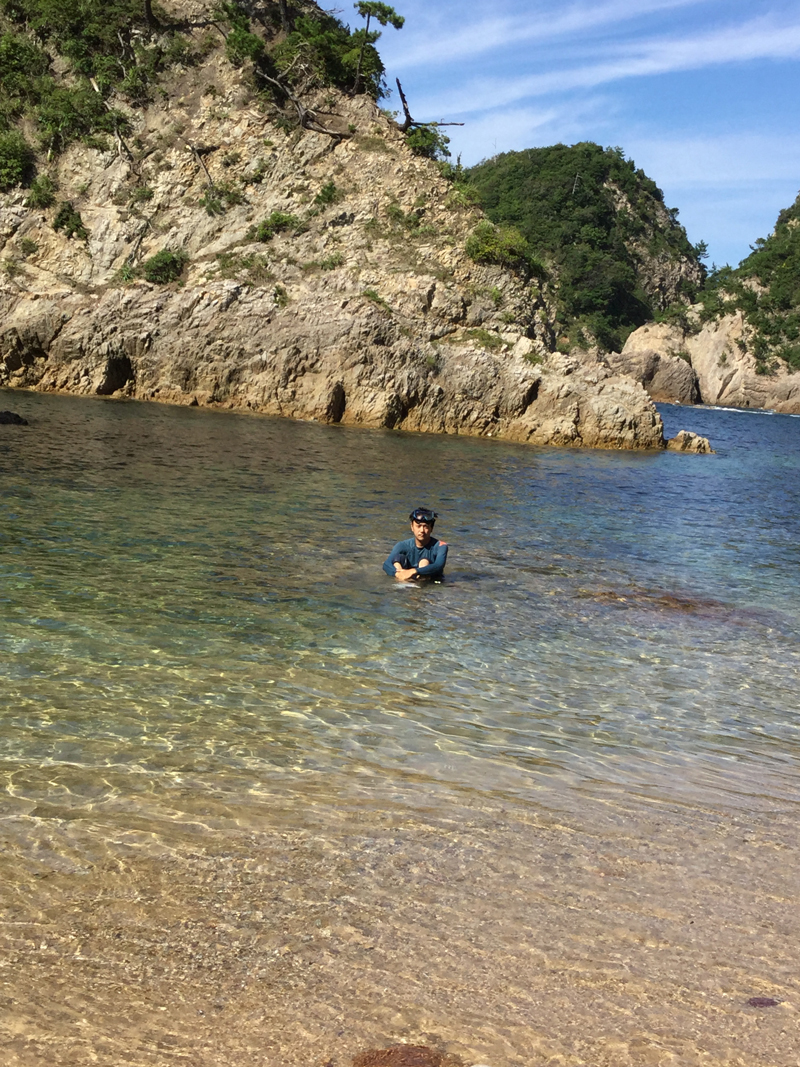
Wakusaka: I have always heard the story of Urashima Taro, and I envied him the Dragon’s Palace. You would be treated like a sashimi subscribe just for rescuing a turtle. I wanted to try to make that happen, so I made the assumption that if I went to the seashore, this Ryugujo-like life might be waiting for me.
Celeina: I see. When I read it, a small question came to mind…was your house near the sea?
Wakusaka: It was when I was living in Tokyo and Tottori. I stopped in Corona.
Takano: Was it easier to go to Tottori, environmentally speaking?
Wakusaka: Yes, it was. We are talking about a 5-meter radius. It’s an adventure of one tatami mat.
Takano: It’s interesting, and I can’t stop asking questions, but I want to go to one song here, and I asked Mr. Waksaka to choose a song that we would all like to listen to together on the radio at this time. What song would it be?
Wakusaka: It is a song called “Drifter” by KIRINJI. In the lyrics, there is a phrase “I won’t run away. It is okay to run away from anxiety, but in the end, you have to come back and face it. I really like the lyrics because it seems to describe how to face fears and anxieties.
How to sell an ordinary stone
Takano: I’d like to talk a little more in-depth about the contents of your book. You mentioned earlier that you sell stones, but may I ask where and how you sold them?
Wakusaka: Yes. This book, “De Seikatsu Ki,” is about specific experiments to escape from various anxieties, and there was a time when I tried selling rocks to escape from money-related anxieties. Selling rocks would be great, wouldn’t it? Since they are free, I could live for the rest of my life. So I kept a stone in my pocket and asked people I met, “By the way, would you like to buy a stone? I would say, “By the way, would you like to buy a stone?
Celeina: A stone salesman (laughs).
Wakusaka: But, as I said, that’s not good progress (laughs). It’s like you wrote about the trial and error of trying to sell stones for 100 yen each at a neighborhood flea market.

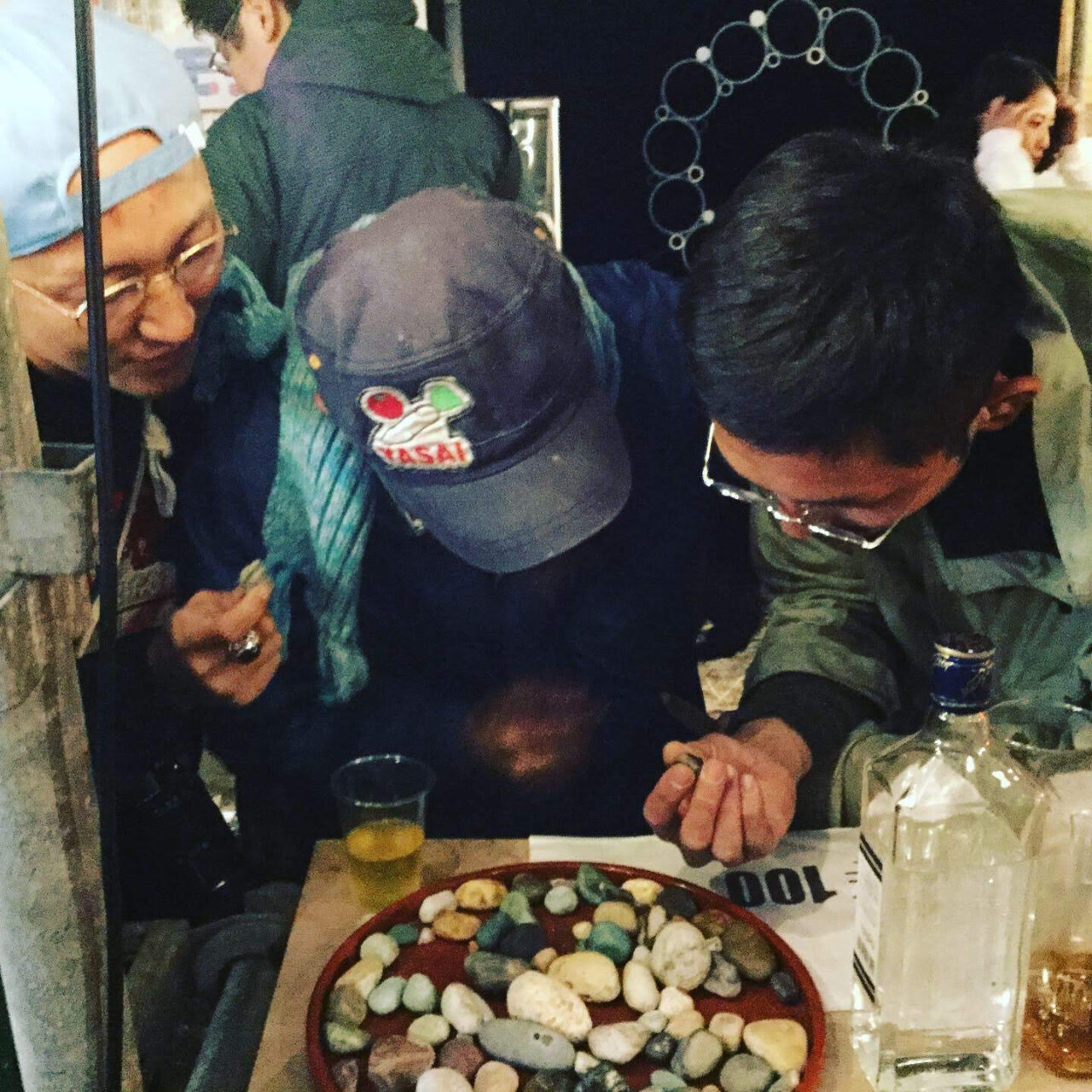
Takano: Where did you pick up the stones?
Wakusaka: I picked them up from rivers and the sea, but I tried to choose stones that felt good when I held them.
Takano: The standard for a good stone is Waksaka-san’s standard (laughs).
Wakusaka: There are good stones. They can be smooth, have interesting shapes, and so on. What is important, however, is that the stone should be plain and simple.
Takano: But the stones actually sell, don’t they? What did you do about that?
Wakusaka: When we sell the stones, people say, “Hmm? Waksaka: When we are selling stones, people are like, “Hmm? So, for example, we have dialogues and communication with them. Sometimes, we even have a bar-style setting and make them feel a little confused with alcohol. If it’s for selling rocks (laughs).
Celeina: From a business point of view. It’s smart, in a way (laughs).
Wakusaka: I don’t want to expand on that, though. It’s not just a matter of getting them to drink.
Takano: But when I read that scene, I felt that I added some new value to the scene with him, rather than just getting him drunk. Because looking at the stones while drinking whiskey is, in a way, like drinking to look at the design of the stones.
Wakusaka: Also, the fact that I chose the stone may be important. I think there is some value in inheriting a stone that someone else has chosen.
Celeina: After talking over drinks, getting to know Mr. Waksaka, and getting to know the backbone of what kind of stone he is.
Wakusaka: Where did you pick it up? So anyone can do this.
Celeina: No, I don’t know if I can do it (laughs).
Wakusaka: I’m not an expert on stones.
Takano: No, but you sell rocks and mud dumplings, and I think it changes the way I look at things that I come into contact with in my daily life.
Celeina: That’s for sure. It makes you rethink the ordinary.
Takano: I think it’s fascinating that we can see the world in a different way by learning how to see it from your point of view.
Wakusaka: I am glad to hear that.
Celeina: Lastly, Mr. Waksaka, who would you like to read “De Seikatsu Ki”?
Wakusaka: I am in a free industry, and I am often thought to be more anxious than other people, but I am sure that all people have the same kind of anxiety. So I really hope that this book will be read by all mankind.
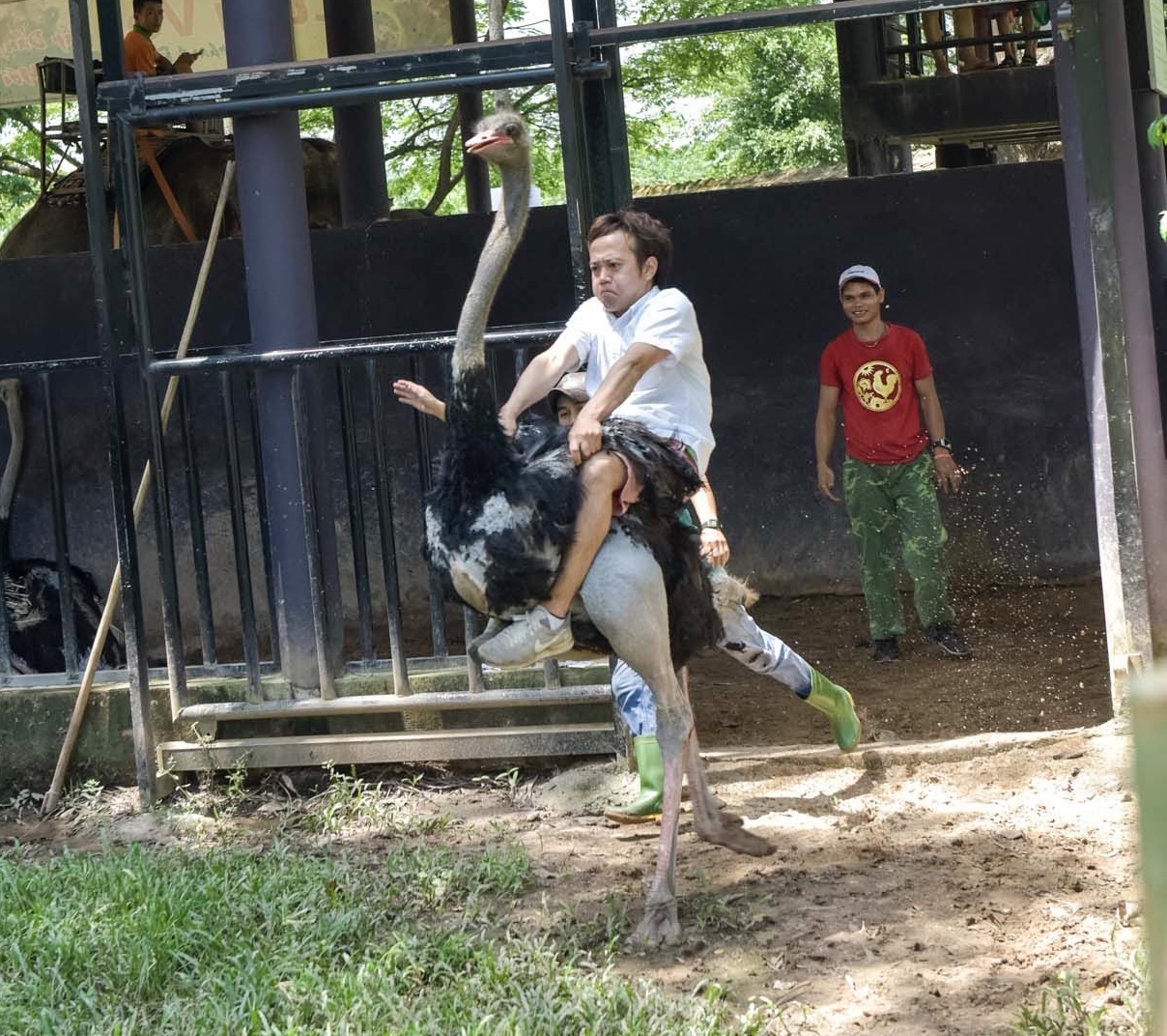
Takano: As a representative of the human race, you have put my anxiety into language (laughs).
Wakusaka: As the one who has the most free time in the human race, I feel like I’m taking his place (laughs).
Takano: Let’s read it, everyone.
Celeina: Now, “FIST BUMP,” we are asking you to introduce your friends to us through the circle of friends connected by the Goo-Touch.
Wakusaka: This is Asako Kikukawa, who is the representative of the mama-san chorus theater “Utau ha ha gokoro”.
Celeina: What is your relationship with her?
Wakusaka: We met in Tottori when I was living in Tokyo and Tottori. She is still living in Tokyo and Tottori. She sings about her worries and joys of child-rearing in a chorus, which is a very interesting thing to do.
Celeina: By the way, how would you sum it up in one word?
Wakusaka: A bundle of vitality.
Takano: Tomorrow, we welcome Ms. Asako Kikukawa, the representative of the moms’ chorus theater “Utau Hagokoro”.
Celeina: It was Mr. Sohei Waksaka, a writer. Thank you very much.
Wakusaka: Thank you very much.
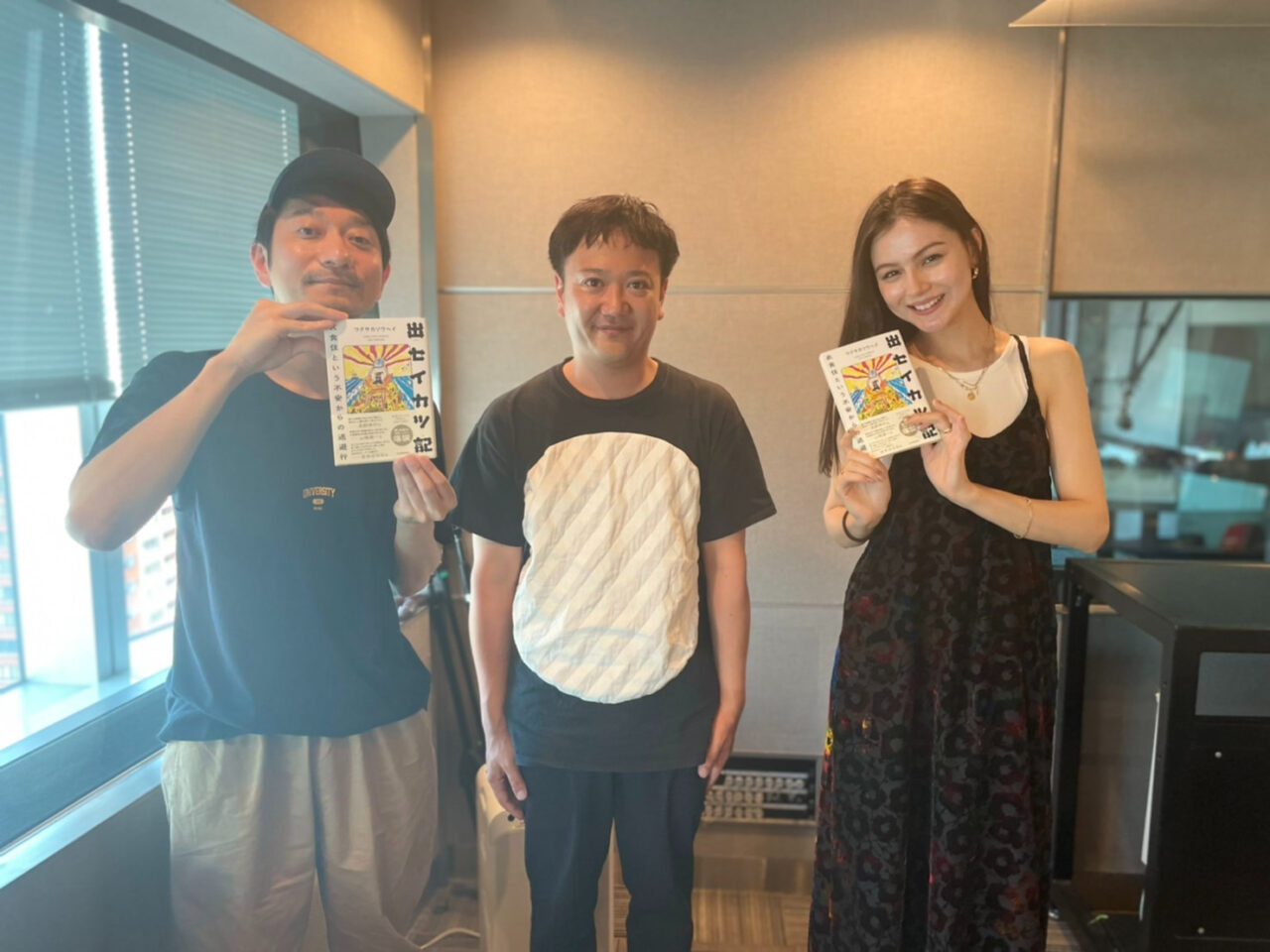
GRAND MARQUEE
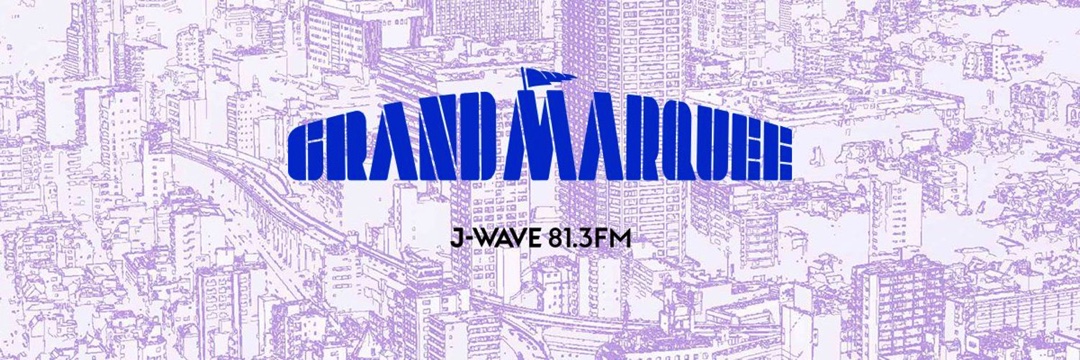
J-WAVE (81.3FM) Mon-Thu 16:00 – 18:50
Navigator: Shinya Takano, Celeina Ann

